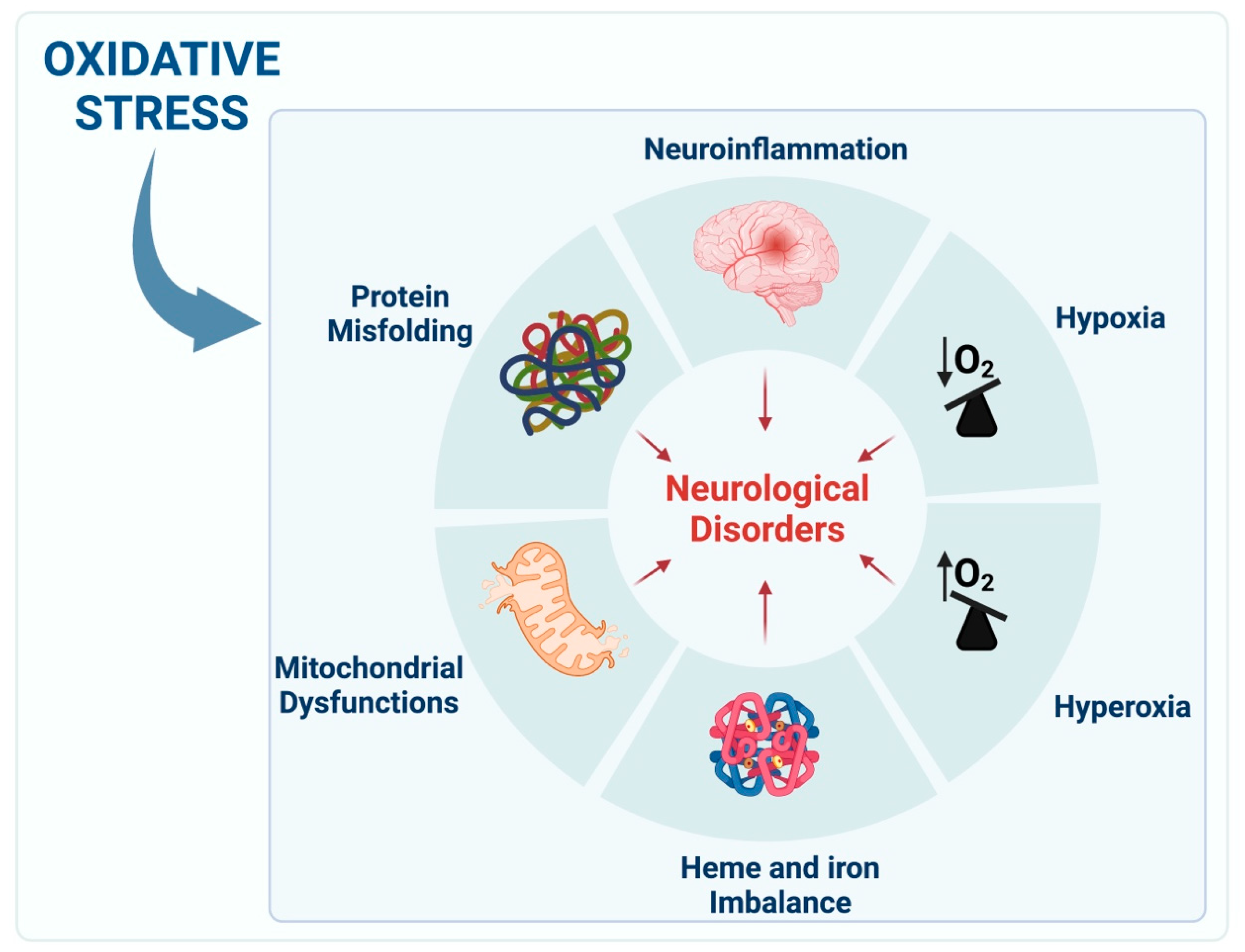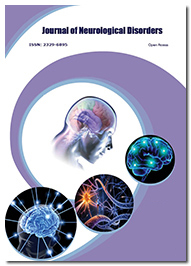Navigating Menopause Expert Tips for a Smooth Transition
Understanding Menopause
Menopause marks a significant transition in a woman’s life, signaling the end of her reproductive years. It typically occurs in the late 40s to early 50s, although the exact timing varies for each individual. Menopause is characterized by a natural decline in reproductive hormones, particularly estrogen and progesterone, leading to various physical and emotional changes.
Recognizing Symptoms
Menopause brings about a wide range of symptoms that can vary in severity from woman to woman. Common symptoms include hot flashes, night sweats, vaginal dryness, mood swings, irritability, fatigue, and difficulty sleeping. Some women may also experience changes in libido, weight gain, hair loss, and cognitive issues such as memory lapses.
Seeking Medical Advice
If you’re experiencing symptoms of menopause, it’s important to seek medical advice from your healthcare provider. They can help confirm whether you’re experiencing menopause or if your symptoms are due to other underlying health conditions. Your healthcare provider can also provide personalized guidance and treatment options to help manage your symptoms and improve your quality of life during this transition.
Managing Symptoms Naturally
Many women prefer to manage their menopausal symptoms naturally, without resorting to hormone replacement therapy (HRT). Lifestyle modifications such as regular exercise, stress management techniques, and a healthy diet rich in fruits, vegetables, and whole grains can help alleviate symptoms and promote overall well-being. Additionally, some women find relief from alternative therapies such as acupuncture, yoga, and herbal supplements.
Considering Hormone Replacement Therapy
For women experiencing severe or debilitating symptoms of menopause, hormone replacement therapy (HRT) may be recommended. HRT involves taking estrogen alone or in combination with progesterone to replace the hormones that decline during menopause. While HRT can be highly effective at relieving symptoms such as hot flashes and vaginal dryness, it’s not without risks. It’s important to discuss the potential benefits and risks of HRT with your healthcare provider to make an informed decision.
Addressing Bone Health
Menopause is associated with a decline in bone density, increasing the risk of osteoporosis and fractures. To maintain strong and healthy bones, it’s important to prioritize bone health during and after menopause. This includes consuming an adequate intake of calcium and vitamin D, engaging in weight-bearing exercises such as walking or strength training, and avoiding smoking and excessive alcohol consumption, which can negatively impact bone health.
Caring for Your Heart
Estrogen plays a protective role in cardiovascular health, and its decline during menopause may increase the risk of heart disease. To support heart health during menopause, focus on maintaining a healthy lifestyle that includes regular physical activity, a balanced diet low in saturated fats and processed foods, maintaining a healthy weight, managing stress, and avoiding smoking. Regular check-ups with your healthcare provider can also help monitor your heart health and detect any potential issues early on.
Addressing Sexual Health
Menopause can have a significant impact on sexual health, leading to symptoms such as vaginal dryness, decreased libido, and discomfort during intercourse. Open and honest communication with your partner and healthcare provider is key












